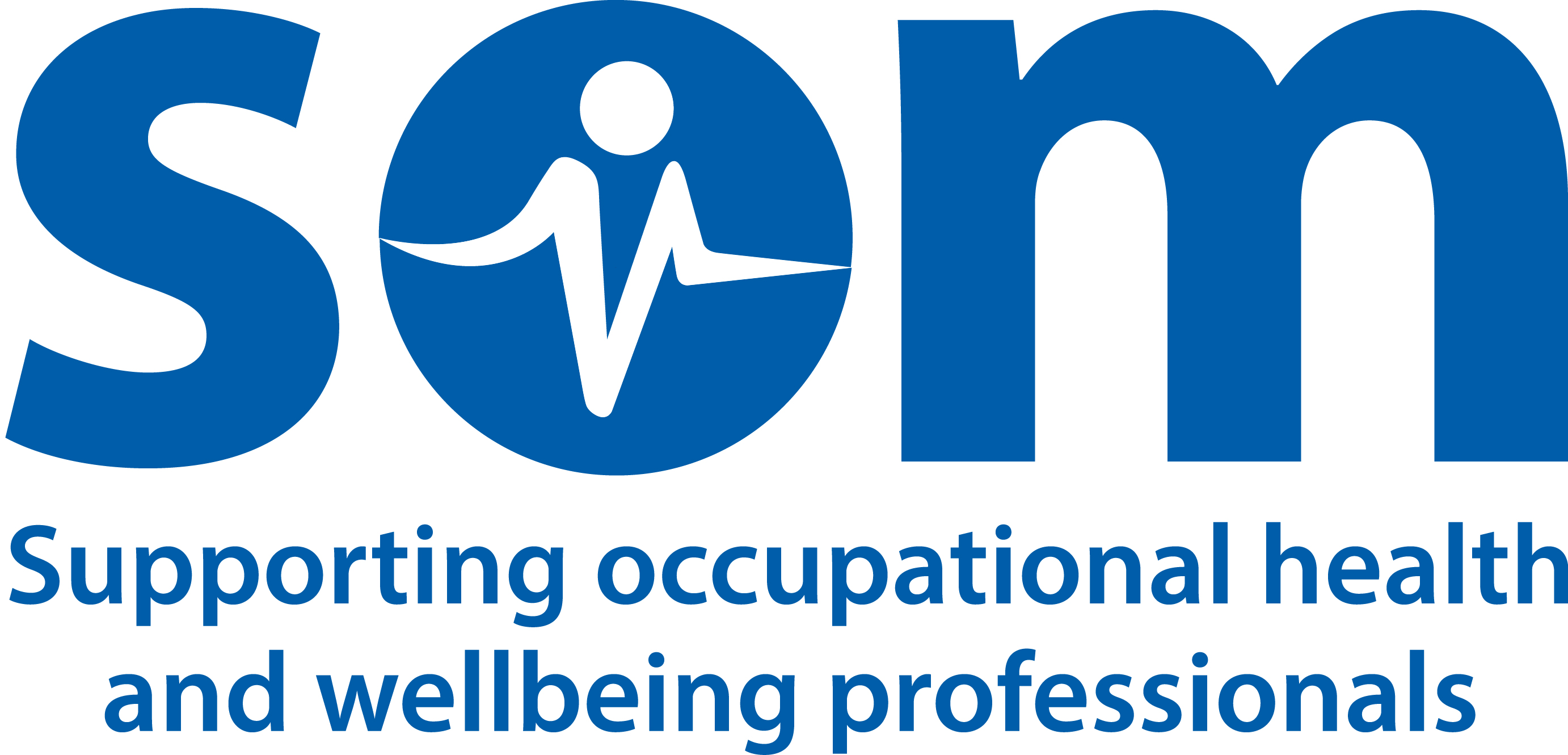
“Death by suicide is thankfully an uncommon event in General Practice – but what happens when it is one of your own? How do individuals and practices cope, and what support should be available to help them through the difficult time following the death by suicide of a member of the practice team? Building on the experiences of individuals who have been through this devastating scenario, this new report describes the difficulties faced and presents a framework of actions. It highlights a number of challenges for those diverse organisations who commission, represent and support practices, and who should be in a position to assist, for both the short and long term. These challenges must be addressed.”
Dr Alex Freeman, General Practitioner and Chair, The Louise Tebboth Foundation
The Louise Tebboth Foundation (LTF) and The Society of Occupational Medicine (SOM) are launching a report which provides a framework to support primary care organisations following the death by suicide of a colleague. It includes useful practical advice.
Written by Professor Gail Kinman, Birkbeck, University of London and Dr Rebecca Torry, an experienced GP and trustee of The Louise Tebboth Foundation, the report draws on interviews with people working in GP practices who have personal experiences of a death by suicide within their team. It includes a review of best practice from other bodies. The report provides suicide ‘postvention guidelines’. It includes proposals for timely and appropriate support to be put in place to help people and organisations recover.
Dr Clare Gerada, Co-Chair, NHS Assembly says: “This is a timely addition to the support needed for health care staff and organisations when one of their colleagues takes their own life. The document provides an excellent step by step guide as to what to do if this rare but traumatic event happens to a member of staff at work. A vital piece of work and I congratulate the authors.”
The sudden death of a colleague in primary care, particularly when the death is unexpected and deliberate, can have a profound impact on the wellbeing and functioning of staff members and also patients. As Sir David Haslam CBE, immediate past Chair, National Institute for Health and Care Excellence (NICE) says: “The death of any colleague can be devastating. When the cause is suicide, the torrent of emotions can be overwhelming.”
Unfortunately, there is little information to support primary healthcare organisations in coping with the aftermath. Larger organisations can access support from human resource facilities or ‘in house’ counselling, but primary care organisations are left to struggle to support staff from within the practice, while ensuring that patient care is not compromised.
The report recommends that this postvention framework is disseminated widely in primary care organisations, so it is available when needed. It highlights the need for an external point of contact to which practices can go for support in the immediate aftermath of a death by suicide, or any other sudden and traumatic death (including COVID-related deaths). It is also recognised that practical and emotional support may be needed during the year following the death and must be accessible not only to doctors but all practice staff.
The report provides guidance on the issues that are likely to need attention during the first day, the first week, and the first month following the death by suicide of a colleague. The support that would be required is identified, along with actions needed by external bodies.
Key issues include:
- How to break the news to colleagues and patients
- How colleagues and patients might respond and how this can be managed
- The need to monitor the wellbeing of staff and provide ongoing cover, if required
- Liaising with the family, if appropriate
- Ways to commemorate the loss
- The need to identify practical risks to running the practice (short-term and longer-term) and how they can be managed
- Dealing with ongoing distress among staff
- The need for support from external sources: particularly guidance on the professional bodies that should be informed, as well as the introduction of a national mentorship scheme and a support group for people to share similar experiences
“This is an important resource – the checklist of actions is extremely useful and supportive.” Ilora, Baroness Finlay of Llandaff
“This impressive piece of work builds on many practices' experiences of a suicide within the team, and offers much practical advice on how to proceed in its aftermath.” Dr John Spicer, General Practitioner and Interim Senior Lecturer in Medical Law and Ethics, SGUL
Download the report 'Responding to the death by suicide of a colleague in Primary Care: A postvention framework' here.
Full press release available here.

